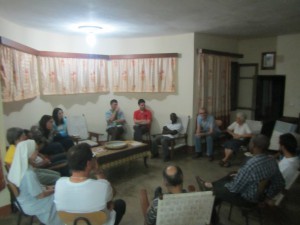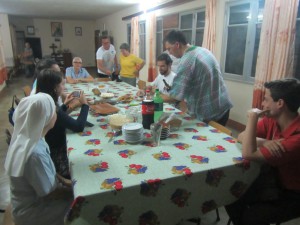A commentary on John 6, 60-69; XXI Sunday of O.T., August 23th, 2015
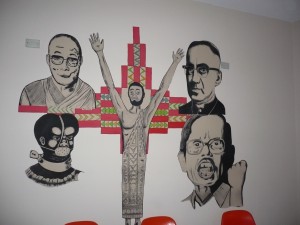 We read today the last part of John’s chapter sixth, the same we have reading for five Sundays. The chapter somehow has a dramatic ending, with a big crisis, that leads the disciples to abandon Jesus. That is why I think it very important for us to meditate on this reading, since most of us pass, in a way or another, through similar crisis. On my side I offer two reflections:
We read today the last part of John’s chapter sixth, the same we have reading for five Sundays. The chapter somehow has a dramatic ending, with a big crisis, that leads the disciples to abandon Jesus. That is why I think it very important for us to meditate on this reading, since most of us pass, in a way or another, through similar crisis. On my side I offer two reflections:
1.- Where does the scandal stay?
The disciples accuse Jesus of say “hard words”. For long time, this “hardness” was explained as the difficulty to accept Jesus’ words understood in a literal sense of “eating his flesh and drinking his blood”. But we know, by now, that Jesus speaks in the context of Hebrew culture and biblical language. In this context, it’s clear that to “eat his flesh” means to believe in the divine presence in his humanity and to “drink his blood” means to accept his life given up on the Cross, out of obedience and love.
But it’s precisely here where we find the scandal that became the big crisis. Many could not accept the image of God as it was revealed in Jesus. For them God is powerful, owner of everything, always triumphant, somebody to be afraid of… And that should be the same with His Messiah. But Jesus presented Himself as the human incarnation of a different image of God: Someone that welcomes sinners gives priority to the healing of a sick man rather than to the sacredness of the Sabbath, someone that appears as fragile and looser on the Cross, someone that shares the experience of death…
Many good people found this totally unacceptable. They were happy with Jesus as a marvellous teacher, they agreed with his plan to renew religion, they were moved by his power over sickness and bad spirts… But now Jesus was going too far. He was proposing a deep change in their image of God. Now He was proposing to leave aside all hypocrisy and falsehood, to accept that they themselves were sinners and fragile, and to allow God to become their companion, someone that wanted to share their fragility and from that deep solidarity to heal the root of their stupid pride. That was the real scandal.
2.- What about us? Where does our scandal stay?
We all pass for experiences that scandalize us. I think that what really scandalizes us it’s not something theoretical or an intellectual “mystery” that we do not understand in our mind. Certainly, there are aspects of the revealed truth that sometimes we do not understand and that we should try to understand better through studying and spiritual deepening. But, on my opinion, the real scandal that prevents us from believing and accepting Jesus totally is our own fragility (personal and social); what scandalizes us it’s the reality of sin (in the Church and outside it); we are scandalized by our own sins and failures, by the failures of the Church, by the failures of society. We are scandalized by a God that does not act as magician to resolve our many problems; we are scandalized by this Jesus, poor and humble, who fails on the cross and at the same time trust in the Father, in solidarity with so many poor, sick and sinners.
But, against our scandal, this is the biggest gift that, according to John, makes the disciples who believe become children of God. This faith liberates me, so that I do not have to “demonstrate” nothing to anybody, I do not have to lie to myself and to others as if I never made a mistake. People obsessed to be always wright end up by being hypocrites and to live in falsehood. On the contrary, Jesus accepts the human fragility, the failure and even the death. And, in doing so, He acts as what He really is: the SON, unconditionally loved and able to love unconditionally.
To believe this is to enter into communion with Jesus, to “eat his flesh” and with him find the way to the fullness of the Father’s love and live. Do not believe it’ s not to “eat”, not to enter in communion with him and to remain in the lie and falsehood of the one that tried to deceive Adam as if He were a God by himself and not in obedience to the Father.
All of us, in a moment of our life, have to go through this crisis: Do I pretend to be like Adam, a false “god”? Do I pretend to be like the prodigal son thinking that I am going to be more autonomous and happier away from the Father? Or do I accept myself, in my fragility, and accept the solidarity of Jesus, who descends with me into the river Jordan of this my fragility and with me rises to the communion with the Father?
To go to take communion regularly means to say yes to the last question and to renew our trust in Jesus and his Father, in spite and through the continuous experience of the many sins and fragilities in ourselves and in others.
P. Antonio Villarino
Rome
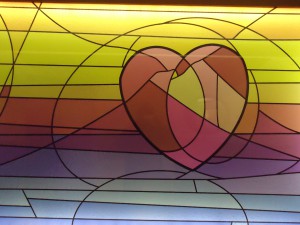 After five Sundays reading John’s chapter sixth (Jesus, the Bread of Life), we come back to the ongoing reading of Mark; five Sundays ago we left Jesus in Galilee, praying over the mountain, walking over the lake, healing sick people… announcing the Kingdom of God, the kingdom of God’s nearness, mercy and truth.
After five Sundays reading John’s chapter sixth (Jesus, the Bread of Life), we come back to the ongoing reading of Mark; five Sundays ago we left Jesus in Galilee, praying over the mountain, walking over the lake, healing sick people… announcing the Kingdom of God, the kingdom of God’s nearness, mercy and truth.




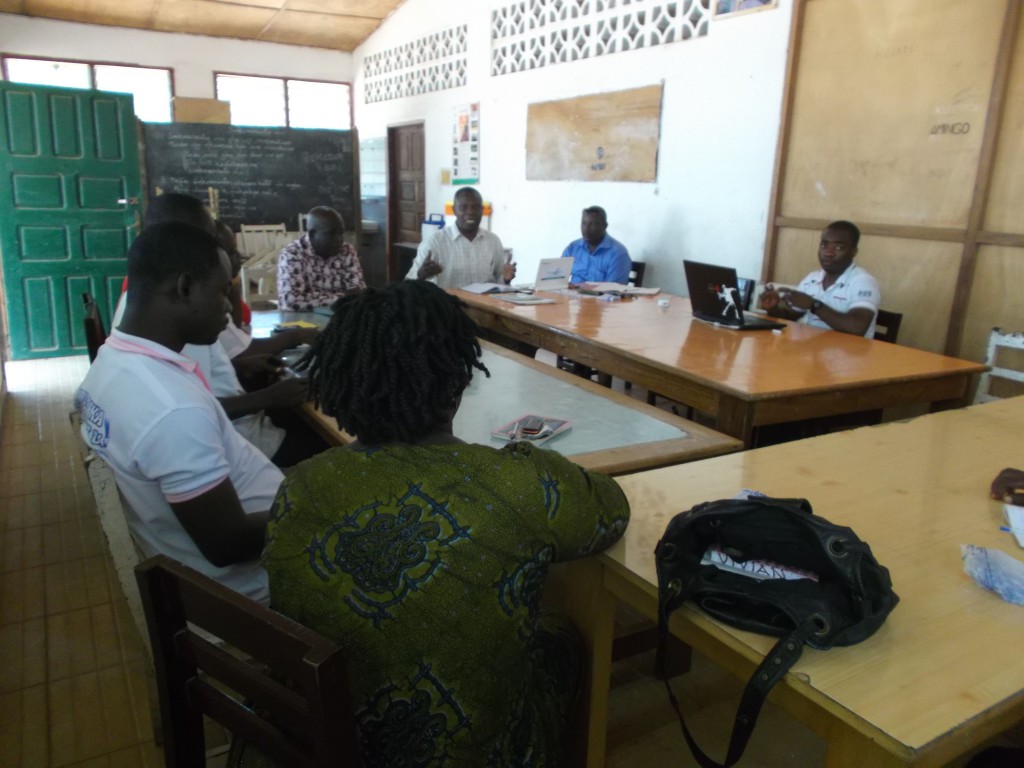

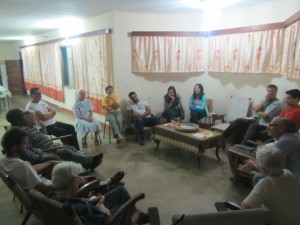 Today arrived at the mission of Carapira a group of 5 young portuguese to stay 1 month of missionary experience in this reality. They are part of the vocational group called “Faith and Mission”, and since October of last year they have come through a process of reflexion and discernment of their missionary vocation. This vocational path culminates with this moment of sharing in a factual mission.
Today arrived at the mission of Carapira a group of 5 young portuguese to stay 1 month of missionary experience in this reality. They are part of the vocational group called “Faith and Mission”, and since October of last year they have come through a process of reflexion and discernment of their missionary vocation. This vocational path culminates with this moment of sharing in a factual mission.